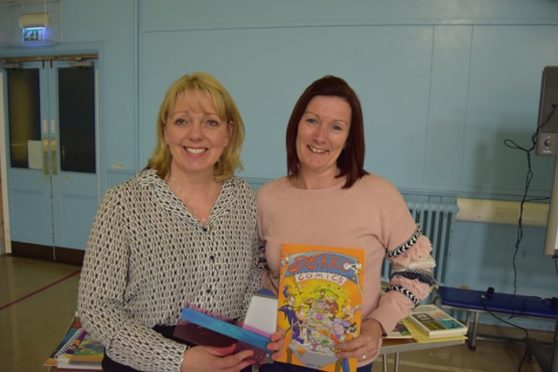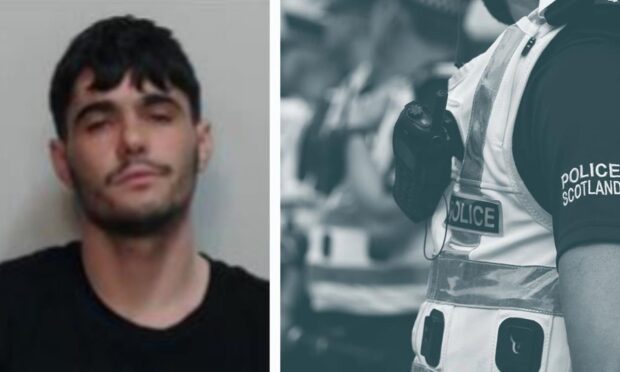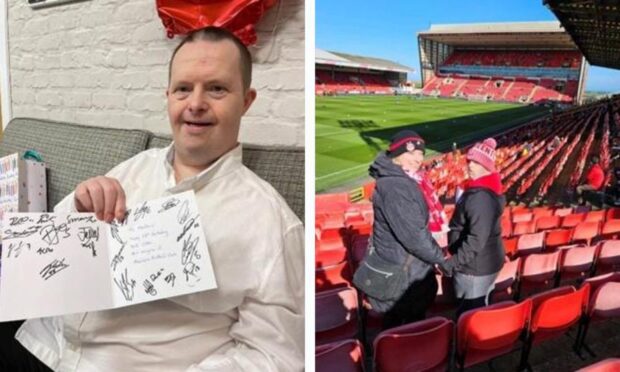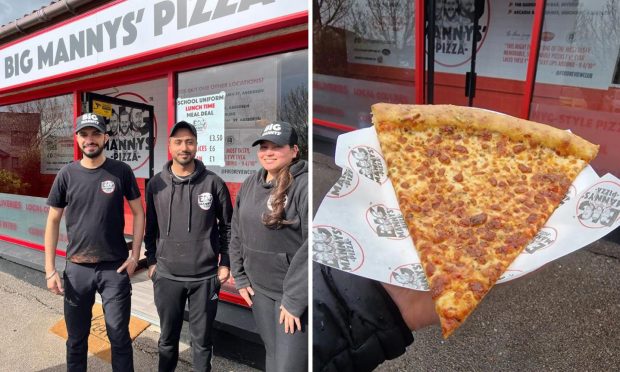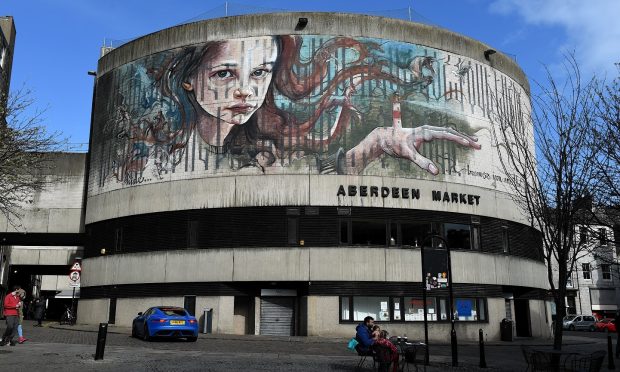An event in Portsoy aimed at raising the understanding and support for those with dyslexia has been hailed a success.
Mum of three Rachael Smith organised the workshop after her boys struggled with school work due to their varying degrees of the learning disability.
Feeling there was little understanding and assistance available in the area, she contacted Sharon Hall from Dyslexia Routes who agreed to speak to parents and teachers.
Around 50 adults and a handful of children turned out this week to hear her speak in Portsoy Primary School about the learning difficulty – some from as far as Forres.
Mrs Hall brought along items she found helped her son and others in classrooms, such as coloured rulers, comics, highlighters, an interactive timer, books designed for those with dyslexia and links to online resources, as well as anecdotes on how to accept the condition within a family home.
She said: “Dyslexia is about how we each process what we see – most books are black writing on white paper and for people with dyslexia that becomes jumbled in a swirl effect.
“As parents and teachers you’re there to help them help themselves and find what works for them to solve these issues.
“My son and I now joke about dyslexia – no, it’s still not a reason to get off with not unloading the dishwasher – but it made us all accept it and it became less consuming.
“Speak to the teachers and work together to find what can help.”
After the meeting she added: “Everyone was very engaged and, although it was only a whistle stop tour, the aim of tonight was to raise awareness and understanding as well as to encourage parents and teachers to work collaboratively.”
Her advice to parents who think their child may be struggling due to dyslexia is to follow that parental initiative.
“Act upon your instinct and seek support as early as possible and then there will be a great difference for that child,” she added.
Mrs Smith, of Sandend, realised her three sons– Brook, 15, Taylor, 13, and eight-year-old Archie – had dyslexia they started primary school.
She claims it was a “battle” to get staff at the school to accept their children were struggling with reading, writing and spelling.
Having fought to get them the assistance needed, one teacher admitted to Mrs Smith that she was unsure how best to deal with Archie’s dyslexia.
Then, when hearing Brook speak to Archie about how he copes, she felt inspired to arrange a workshop to help everyone understand and deal with the condition.
After the session Mrs Smith said: “Lots of people who came have thanked me for doing this as they also felt there was no help available.
“I’m really pleased and a bit overwhelmed with the level of support.
“It would be great to do another – I’m quite speechless at the number of people who’ve said this will help them.”
